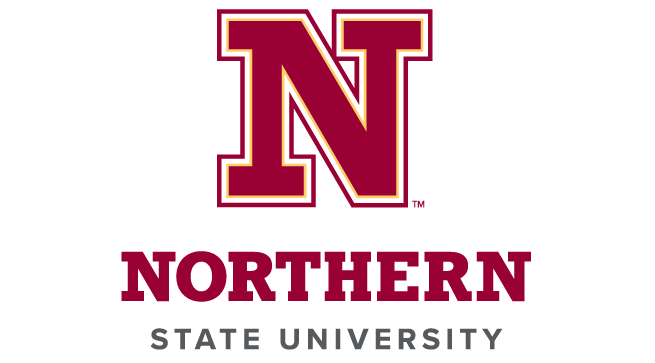ABERDEEN, S.D. – Northern State University is thrilled to announce the recent success of our partner institution, Black Hills State University's Center for Advancement of Math and Science Education (CAMSE), in securing a substantial grant of approximately $8 million from the U.S. National Science Foundation (NSF). This significant achievement is part of the Established Program to Stimulate Competitive Research (EPSCoR) Collaborations for Optimizing Research Ecosystems Research Infrastructure Improvement Program (E-CORE RII), aimed at bolstering research and development (R&D) competitiveness in South Dakota and advancing scientific progress nationwide.
Under the leadership of CAMSE, this transformative project will unfold over the next four years, with a primary focus on igniting interest and confidence in STEM (science, technology, engineering, and mathematics) among young learners across South Dakota's predominantly rural landscape. By engaging STEM researchers, K-12 teachers, and students in collaborative efforts, the initiative aims to forge pathways that inspire students toward STEM careers, potentially serving as a national model for bridging geographic gaps in STEM education.
Jon Mitchell, professor of biochemistry at Northern State University, expressed his enthusiasm for the project: "I couldn't be more excited to have Northern participate in this exciting educational opportunity! To provide experiential learning opportunities for all our students across all disciplines towards generating interest and developing confidence in STEM is a major reason I became a professor. The collaborative nature of the grant — the opportunity to leverage and build upon a strong network of STEM researchers, teachers, and students across our state — is truly amazing. One amazing opportunity of this award and one I am most excited and proud about is to partner with the outstanding faculty and staff at the South Dakota School for the Blind and Visually Impaired (SDSBVI). The bottom line is to make STEM learnings less intimidating and more accessible. There is no reason we can't bring more STEM learnings to the SDSBVI students — we just need to approach things from a different angle. This award from NSF will be a great start! I can't wait to get started!"
The project's inclusive approach involves collaboration with various stakeholders, including universities and industry partners, to establish a sustainable STEM education network statewide. Participating institutions include Oglala Lakota College, the University of South Dakota, the South Dakota School of Mines and Technology, Dakota State University, South Dakota State University, Augustana University, Northern State University, Sinte Gleska University, Sisseton Wahpeton College, the Sanford Underground Research Facility, and the South Dakota Discovery Center.
E-CORE RII, introduced in response to the 2022 EPSCoR report and the CHIPS and Science Act of 2022, seeks to enhance EPSCoR's goals by strengthening research infrastructure cores within eligible jurisdictions. The program aims to drive impactful, use-inspired research, transform STEM education, and foster economic growth and societal impact.
Alyssa Kiesow, dean of the College of Arts and Sciences and director of sponsored projects, stated, "South Dakota is one of three states that received these first-time allocations, and Northern State University is thrilled to be a part of these collaborative efforts."
Northern State University joins Black Hills State University in celebrating South Dakota's success, as one of the three states to secure this grant, contributing to a total investment of approximately $24 million from NSF.
